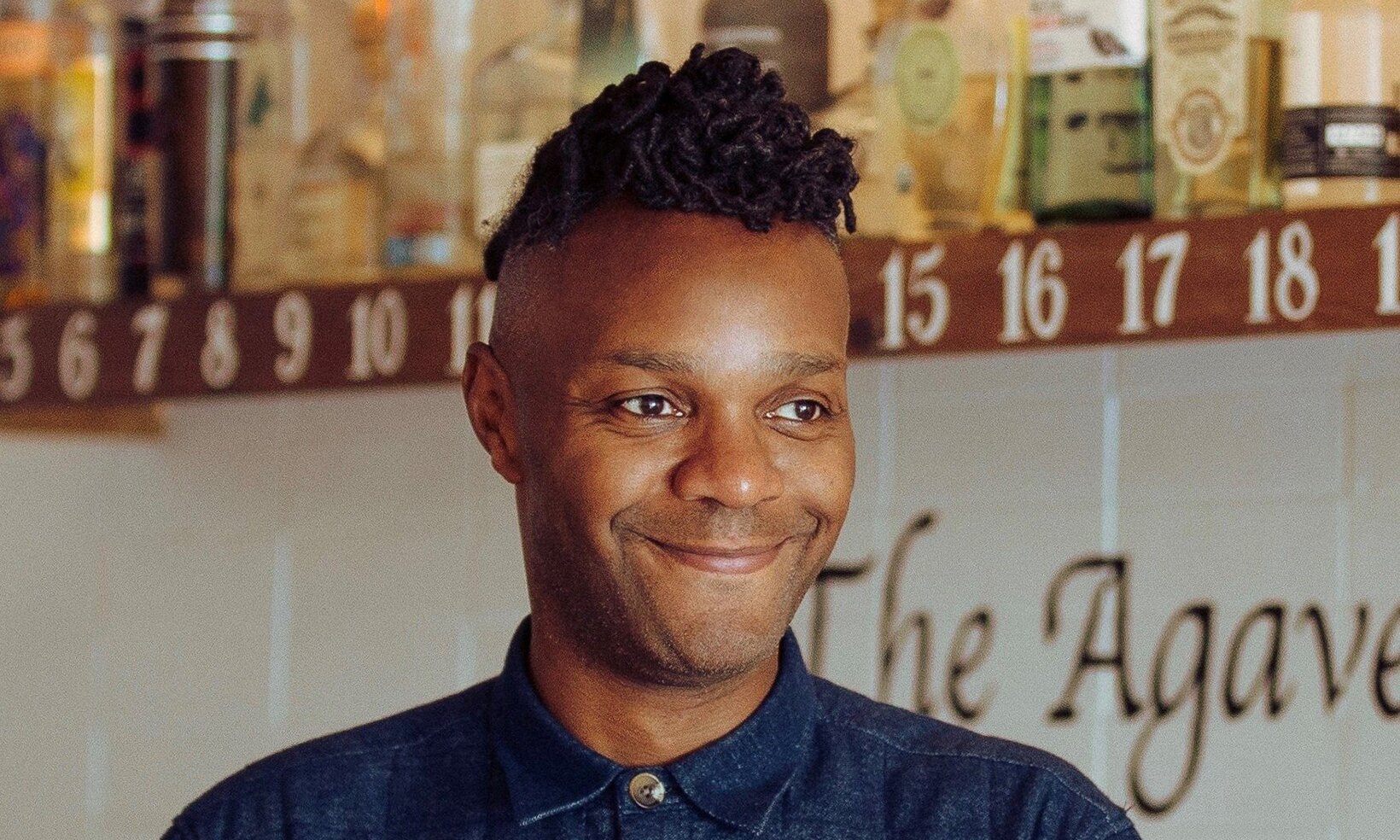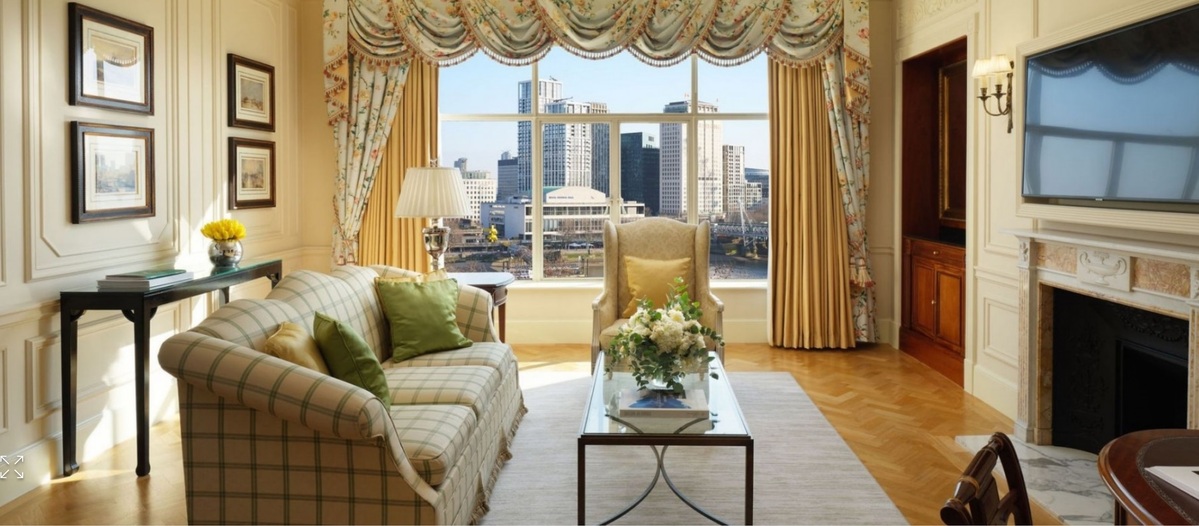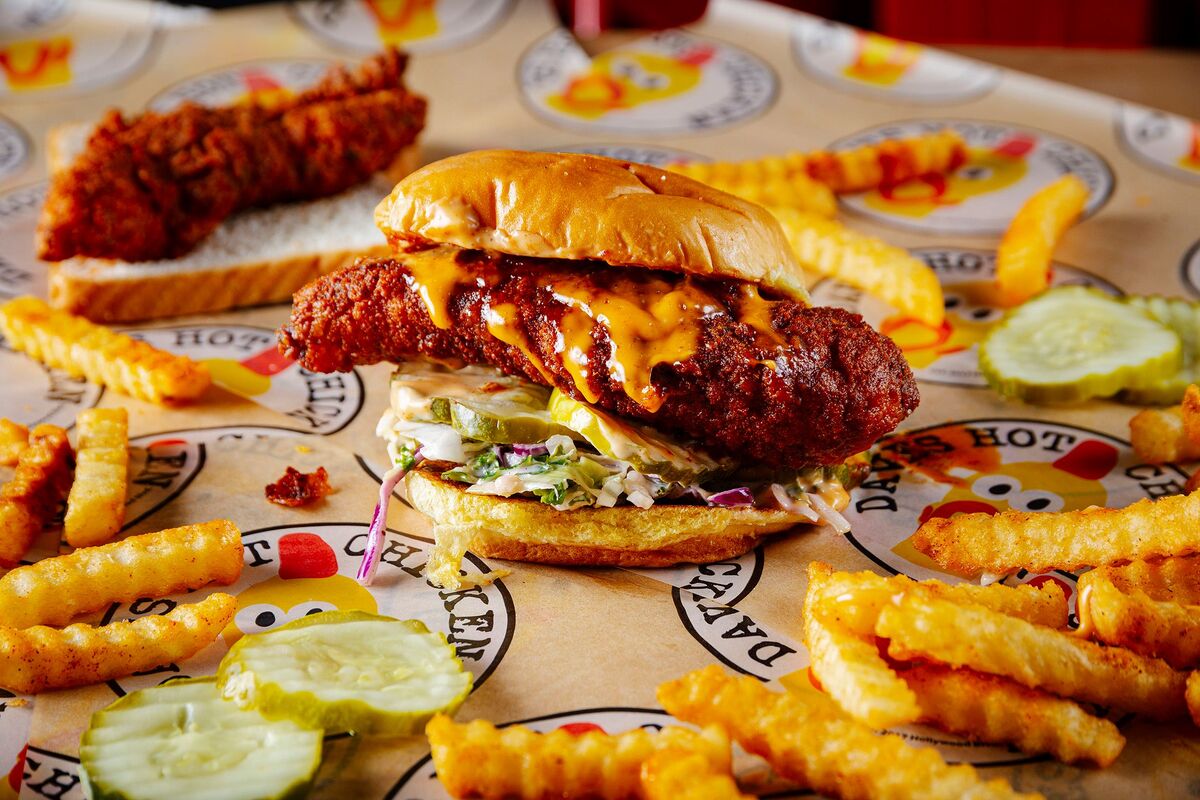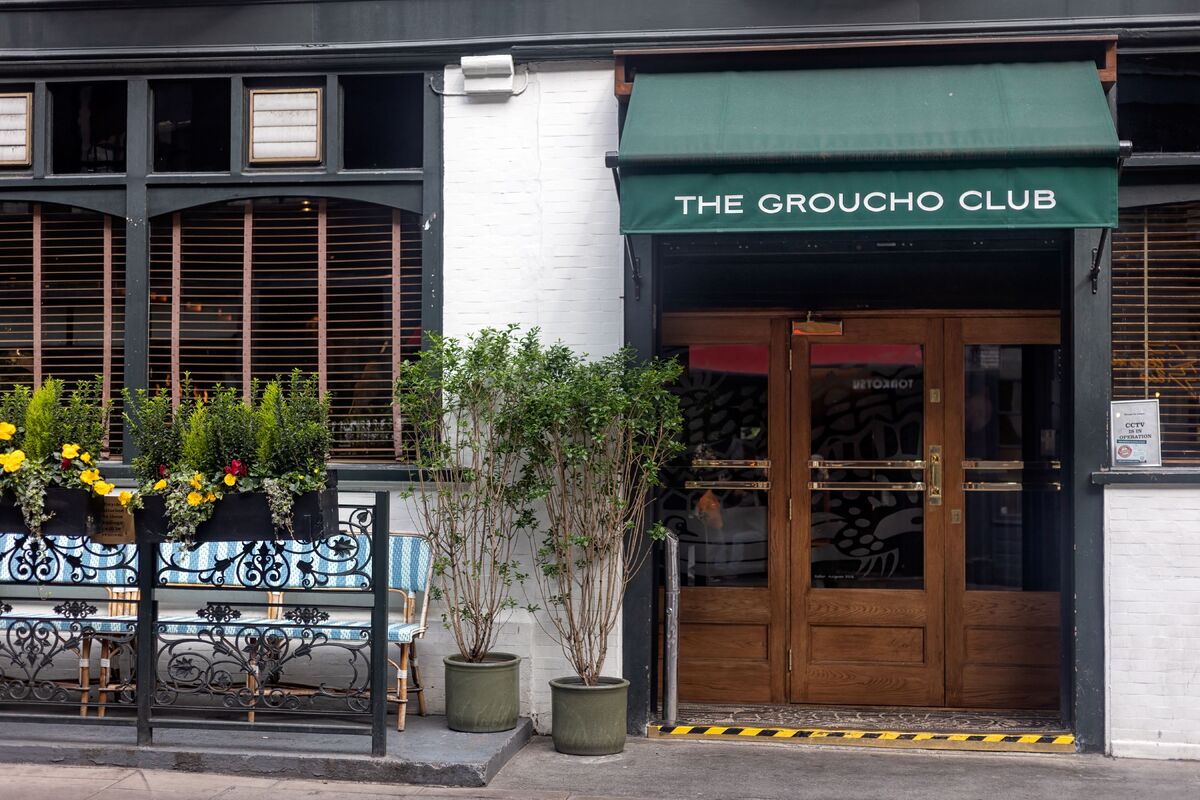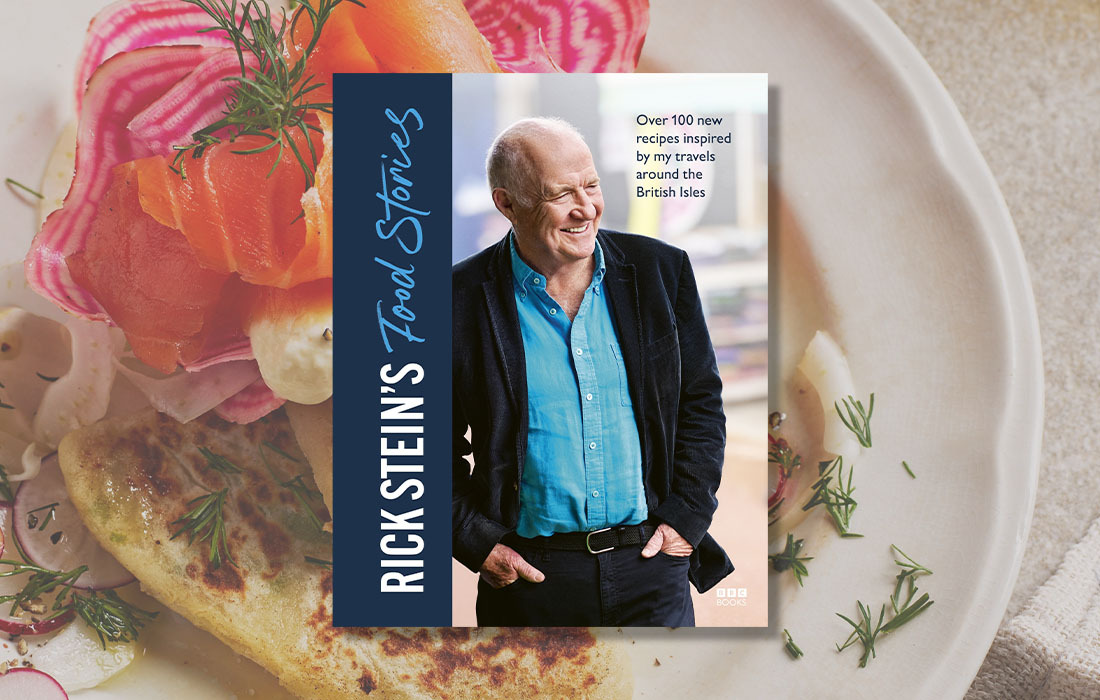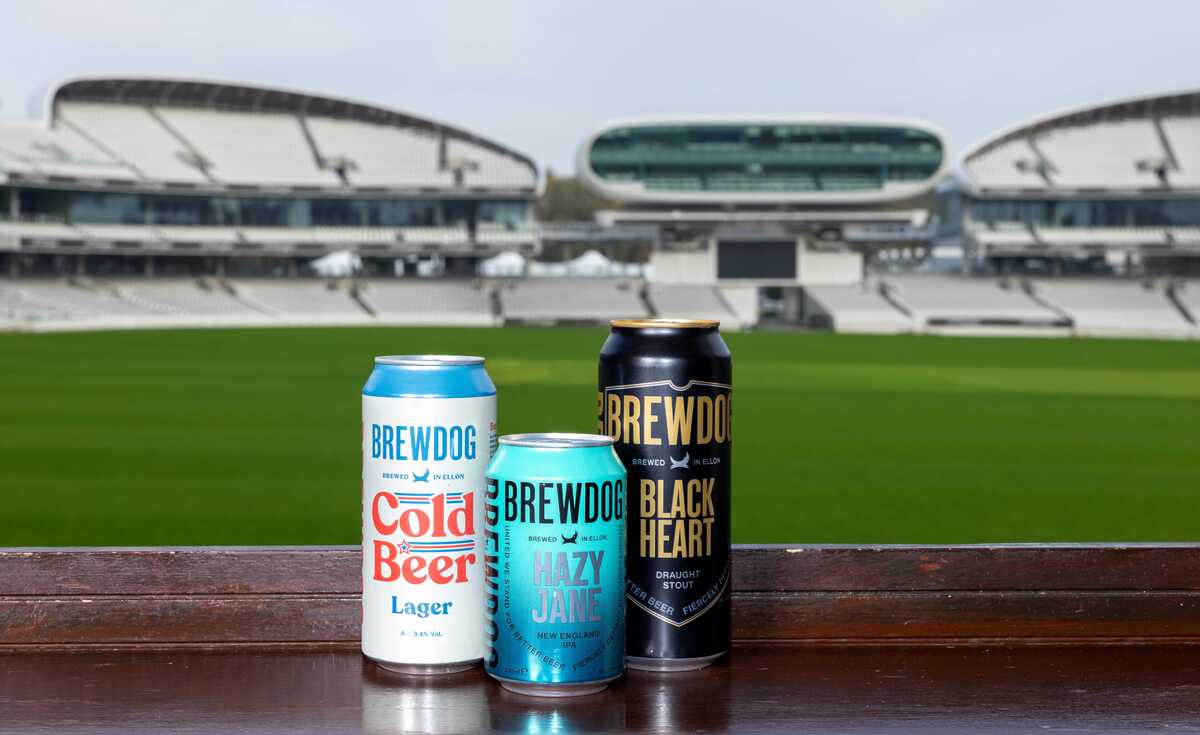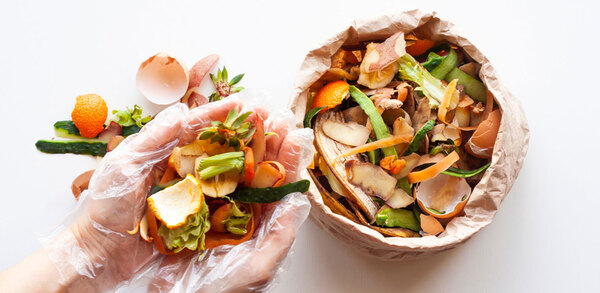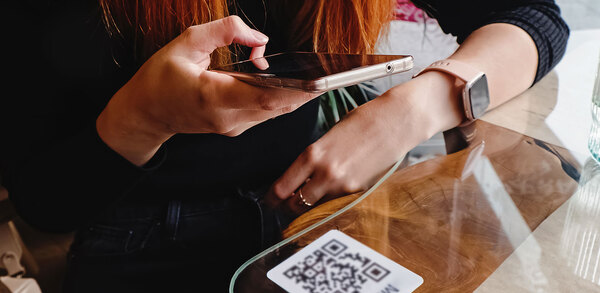Equal Measures supports diversity in the drinks industry
Equal Measures has achieved a lot in its first two years. Founder Deano Moncrieffe talks about giving bar staff the chance to reach their full potential
Tell us about what Equal Measures is and why you started it in 2020?
It was started to really raise awareness around diversity and inclusion in hospitality, with the main goal of making sure that any individual from a marginalised group is represented and feel like they have a place to fulfil their true potential.
From my own personal experiences, I came to understand that there is a glass ceiling in this industry and restrictions and barriers that aren’t always obvious in positions like management-level jobs and customer-facing roles. It’s not just race related – with the LGBTQ+ community you’re not seeing enough people who are able to progress and have honest conversations, so when I had a chat with Hannah Lanfear [Moncrieffe’s Equal Measures business partner], within one or two minutes we realised we shared the same ideas – it’s the most important meeting I’ve had since Equal Measures started.
What can individuals applying to be a part of Equal Measures expect?
They can expect to be part of a community and join other people who have had similar experiences to them. Most of our students have said there is a strong connection between the cohorts, so they can expect to be given the opportunity to be able to grow and we will provide the resources for them to learn, whether they want a personal licence or WSET level 2 or 3.
We try to give them the tools so they have a better chance to succeed – level the playing field. They can also be mentored by someone in the industry who we feel is suited to their journey. We ask everyone ‘what is your goal?’, ‘where do you want to be in a year’s time?’ and we pair them with a mentor who we believe can be valuable.
How do your Equal Measures Community Days work?
Our first Community Day in March this year with Johnnie Walker was brilliant as we could get everyone together and see people bonding and connecting, talking about opportunities and stories. It was formatted as a highball cocktail competition and we wanted to give something back to the wider community, so they got ingredients from Brixton market for the cocktails and the prizes were vouchers to spend in Black-owned business in south London. The next one is this month and is going to be a food pairing experience hosted by Johnnie Walker with Adam Purnell [Shropshire Lad] who is a brilliant up-and-coming chef.
You’ve just done a cool project with Spotify – how did that come about?
The Spotify opportunity came through our partnership with the Drinks Trust charity.
Spotify wanted to help us raise awareness around what we do so some of our key students were given the opportunity to make cocktails and present them at a big meeting for Spotify in Cannes. It was a chance to get front and centre, giving people the chance to find out what we’re doing. Those sorts of partnerships are really important because once you step out of the drinks industry, from a consumer point of view, they don’t know the issues that exist within it.
Since you started Equal Measures how have you seen the industry become more diverse and inclusive?
We still don’t have the answers to the problems. I feel like there has been progression but it is very slow and it will always take time, but there needs to be more people taking responsibility – I’m talking about larger companies, bigger corporations, bigger hotel groups. There is a long way to go.
What plans do you have for Equal Measures in 2023?
Next year we need to get out of London and be in other big cities in the UK. We want to do more Community Days outside of London and workshops so we can continue to grow – just spread the word of what we’re doing.
Have your say
Equal Measures UK and the Mixing Class have launched the Drinks Industry Census 2022 to explore workers’ lived experiences, and examine the ways that ethnicity, sexuality, gender, neurodivergence, class, background, and ability can help or hinder career progression. This research will provide insight into realities of inclusion within the drinks industry. Have your say here: bit.ly/3dVG8hE!
Seasonal food and drink pairing: Wild mushrooms + Lapin Rouillé
Made from hand-harvested Pinot Meunier grapes from the Massif de Saint-Thierry in Reims, Lapin Rouillé is the first female Black-owned Champagne to go on sale in the UK. Its first release (2021) comes with exotic fruits, red berries, spring flowers and a pinch of sea salt and works wonderfully with mushrooms that are in season in autumn.



